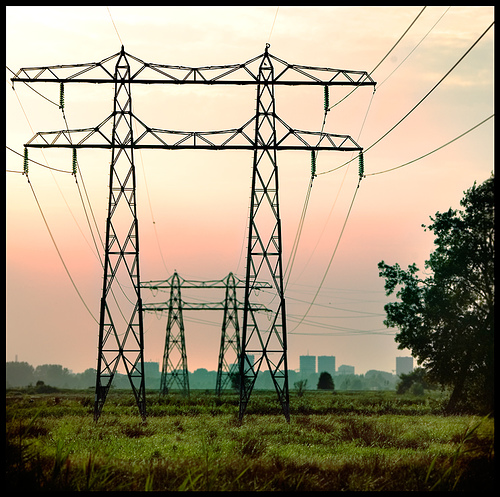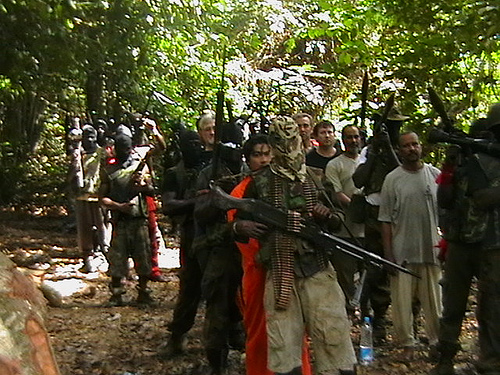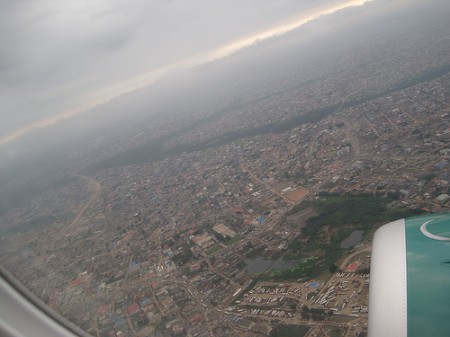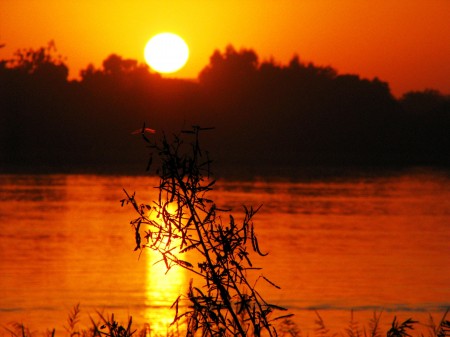
This blog is part of a series of contributions documenting time spent in southern Nigeria to attend a conference and gather data for the targeting energy infrastructure (TEI) project.
In Nigeria, people celebrate when the lights come on. Admittedly, after barely a week in the country I too found myself joining in the collective, nationwide jubilee. The regular power outages throughout the country have created an emotional rollercoaster, whereby the mere act of sitting in a dark room that is at one moment illuminated by nothing more than a few flashlights (most of which are from mobile phones) and then at another buzzing with electricity. It’s nothing short of thrilling.
Yet the thrill soon dissipates in exchange for bewilderment. How can one of the top oil and gas producers in the world be short of energy to power its economy? Unfortunately, the irony doesn’t stop there. While millions of barrels of sweet, easily refined crude oil are shipped out of here daily to feed other economies, domestic fuel shortages have been a common feature in Nigeria. Years of militancy and criminal exploitation aimed at the oil and gas infrastructure in the energy-rich Niger Delta region mean there has been no development of new infrastructure, and overall mismanagement has limited the amount of supplies needed to feed domestic consumption. It wasn’t until last month that the Nigerian National Petroleum Corporation (NNPC) announced that fuel supplies exceeded national daily consumption rates for the first time in months. Accustomed to such scarcity, I found that most people frequently note when they see a station with short lines.
But the Nigerian civil society (and I would go further, to say African civil society) are extremely powerful, resourceful and innovative. What the state doesn’t provide, the community finds a way to supply. In the case of the energy shortages, Nigerians manage considerably well. For instance, the lively cyber café in Warri (which has become somewhat of a second home for me) is being powered by a generator as I scribble this blog. The actual power went off a long time ago. In fact, stepping outside one finds that the traffic noise is almost overwhelmed by the sounds of generators humming from most businesses.




